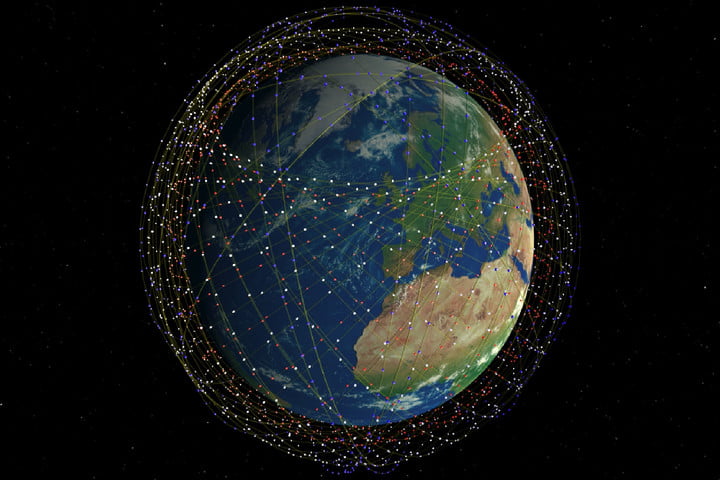On April 28, 2020, SpaceNews hosted a webinar on the FCC’s role in space policy as highlighted by two recent decisions: the long-pending Ligado licensing decision and the newly adopted orbital debris mitigation regulations. These two decisions raised fundamental questions about Commission jurisdiction and influence on overall space policy.
The webinar panel included Jennifer Manner, Senior Vice President of Regulatory Affairs at Echostar/Hughes, Carlos Nalda, Founder and Managing Principal of LMI Advisors, and Moriba Jah, Associate Professor of Aerospace Engineering & Engineering Mechanics at The University of Texas. SpaceNews writers Brian Berger, Jeff Froust, and Caleb Henry moderated the discussion.
Ligado’s request to implement ancillary terrestrial operations in the L-band dates back to 2004. Jennifer Manner and Carlos Nalda retraced the history of this proceeding, emphasizing the evolution of Ligado’s request from a broadband, high-power terrestrial system to a much lower-power Internet of Things (IoT) system with a guard band and other protections for GPS systems. Jennifer Manner called the proceeding “fairly complex” and “very contentious,” but was ultimately “happy to see companies getting certainty.”
Carlos Nalda summarized the FCC role as reflected in the Ligado proceeding: “The space policy implications are there, but fundamentally this order is about assessment of spectrum sharing and interference…and the FCC is uniquely qualified, is indeed the expert agency, to address these issues, even to the extent there may be some differences of opinion or disagreement among U.S. government agencies.”
As the discussion turned to the Commission’s Report and Order and Further Notice of Proposed Rulemaking on Mitigation of Orbital Debris in the New Space Age, Jennifer Manner stated that although “The FCC is not an expert agency on orbital debris” they do have “an enforcement arm” and a long history of engagement on debris mitigation issues. In addition, Moriba Jah described his concern with the Commission’s lack of technical competency and transparency. He advocated more predictability and accountability, and a way for independent organizations and individuals to verify the FCC’s methods and requirements, stressing that “the domain belongs to all of us.” He later asserted that the current collision probability risk assessment is “nonsensical” without an adequate calculation standard and recommended collaboration with non-government organizations to create a standard that accounted for objects of different size, weight, use, and materials.
Jennifer Manner expressed concern over the Orbital Debris Order’s subjectivity, with many orbital debris requirements left to staff judgment and case by case decision making. She also mentioned the proposed indemnification and post-mission disposal bond requirements, which add large but undefined cost with little explanation. Carlos Nalda suggested further that the FCC’s space policy can have wider implications, citing the application of single-satellite collision limits to entire NGSO constellations that could “close the door” on the development of new systems. He also noted that the FCC’s basis for adopting orbital debris requirements is its general public interest mandate, which enables it to act in furtherance of established U.S. policy in this area, but does not translate to authority to independently establish U.S. space policy or adopt requirements inconsistent with U.S. standards. Both agreed that regardless of how the U.S. government proceeds with further development of orbital debris mitigation policy, the FCC should have a “seat at the table” given its satellite licensing responsibilities.
The webinar concluded with questions from the audience and the panelists’ suggestions of upcoming issues, such as further discussion of trackability measurement, ITU World Radiocommunication Conference scheduling, and developments in the C-band transition process.

